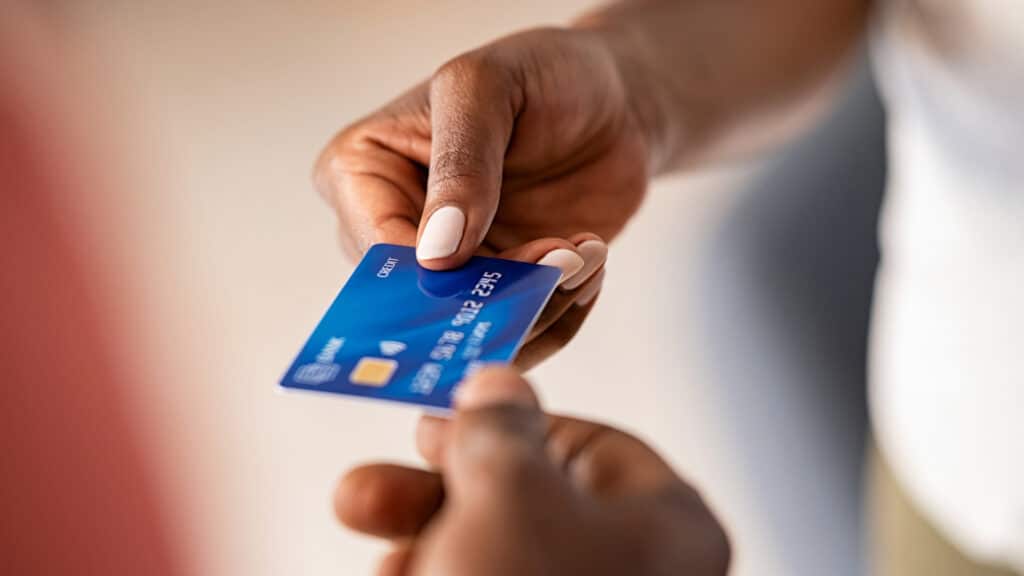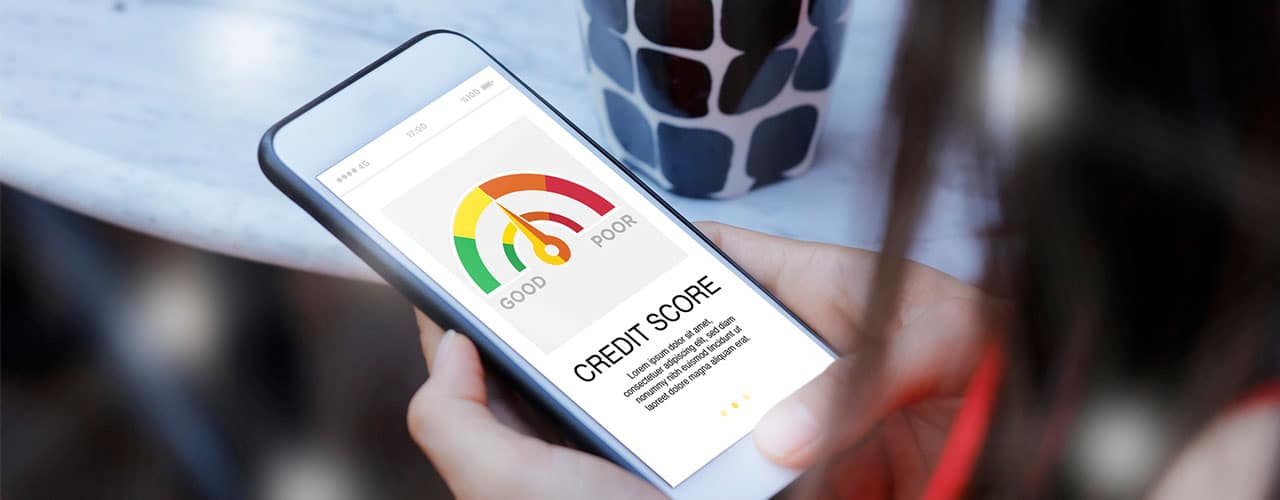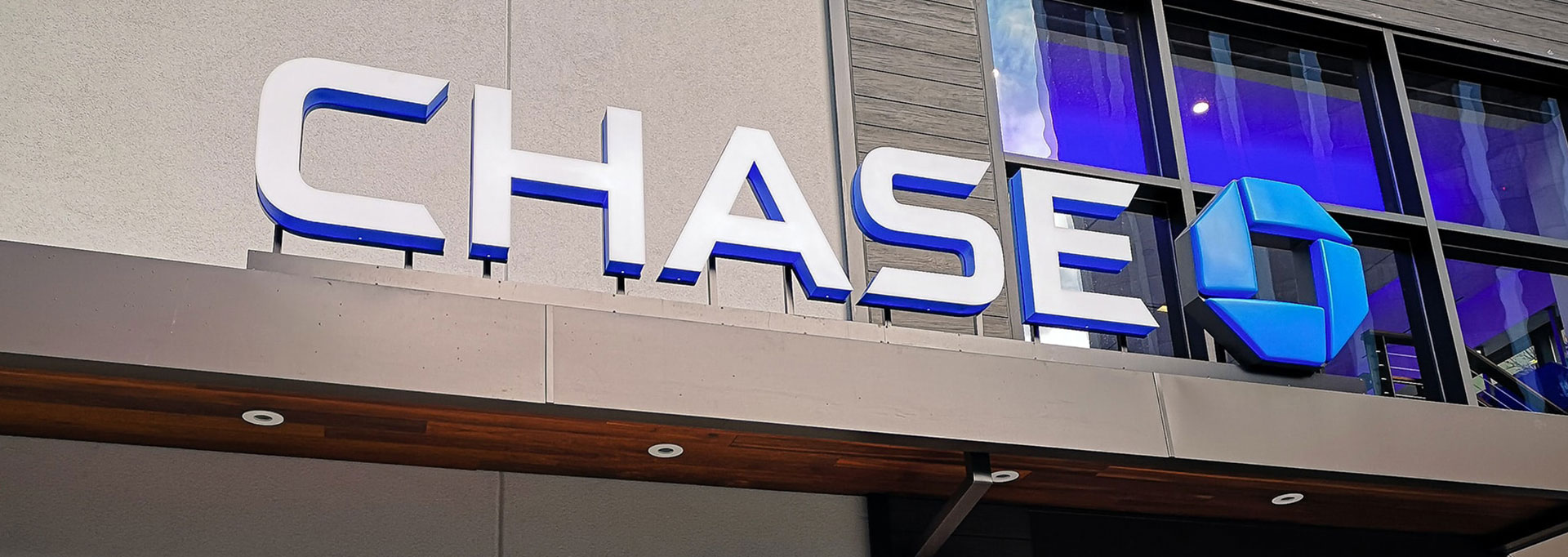Most products on this page are from partners who may compensate us. This may influence which products we write about and where and how they appear on the page. However, opinions expressed here are the author's alone, not those of any bank, credit card issuer, airline or hotel chain.
Having a higher credit limit on credit cards can help with improving credit scores, but you want to make sure to ask for an increase during an ideal time. Here are four instances where it makes sense to ask your card issuer for additional credit.
What Is a Credit Limit on a Credit Card?

When you are approved for a new credit card, one of the things your credit card issuer will give you is your total available credit limit or credit line. Most credit cards have a preset credit limit, which is the total amount that the issuer is willing to lend you. This credit line is generally determined by the information that you provide to the issuer, like your income, debts, employment and credit profile. The higher your income and credit score, the higher your credit line is usually.
One important thing to keep in mind, however, is that the credit line you start out with when you're approved for a card can be changed. Many credit card issuers will proactively increase your credit line amount if you are using your card responsibly. And even if they do not issue a proactive credit limit increase, you can always ask to have your credit limit increased, and it can be a savvy financial move to do so.
How Long Does It Take To Increase Your Credit Limit?
If you are wondering how long you usually have to wait until you get an increase on your credit limit, the answer is that it can depend on the credit card in question and your own unique financial situation.
Many credit cards, especially those targeted to students or people with poor or limited credit history, promote credit limit increases as a feature of the card. In those cases, you might be given a low initial credit limit with the promise that the issuer will proactively review your line every three to six months. But even if your card issuer doesn't automatically increase your credit limit, you have the option of requesting a higher credit limit from your bank. Just make sure to time it right.
When Should You Ask for a Credit Limit Increase?

Here are a few scenarios where it's ideal to ask for a credit limit increase:
1. When Your Income Has Increased
A higher income is a sign that an individual may be able to afford more expenses, which can justify a higher credit limit.
If you've gotten a raise or a new job with a higher salary, update the income information with your bank. Doing so may trigger an automatic increase in your credit line, but you can also request an increase as well.
2. If You've Been Responsibly Paying Your Balance Every Month
Card issuers look favorably on those who have demonstrated a good track record of paying off their balance on time every month without maxing out the card's limit. Accumulating a solid track record of on-time payments for at least six months or more can be an ideal time to request a higher limit.
3. If You've Recently Paid Down or Eliminated Another Source of Debt
Depending on how much debt you had, paying off other sources of debt can mean that some of your income is now freed up, so you can afford to handle more spending and a higher limit.
4. If Your Credit Score Has Gone Up Since Opening the Card
Having a Good (670 - 739) or Excellent (740+) credit score shows that an individual has been responsible with their spending and can handle managing a higher credit. When card issuers see an improvement in credit scores, they are more likely to approve a higher credit limit.
Less-Than-Ideal Times To Ask for a Credit Limit Increase

On the other hand, here are some times when you might consider waiting to ask for a credit line increase:
- If you're having trouble making your monthly payments.
- If you've missed payments.
- If you are already near your existing credit limit.
- If you've already asked for increases on other cards.
If you try to ask your credit card issuer for a credit line increase in one of these situations, it is unlikely that your request will be approved.
How Much Credit Limit Should I Ask For?
There isn't a set amount of credit limit that you should necessarily ask for — it can depend on what you are wanting to use the additional credit for. Before you ask for a credit limit increase, you should ask yourself why you're looking for a higher credit limit. If you are regularly bumping up against the maximum of your existing limit, that could be a good sign that it's time to ask for additional credit.
One thing that you want to be careful about is making sure that increasing your available credit doesn't put you in a situation where you become more likely to spend more.
Having a higher credit limit but a low balance, also known as credit card utilization, is what contributes to a healthy credit score. You'll have to decide whether you have the financial discipline to keep your spending low even if you have a higher credit limit. If you think having a higher credit line might incentivize you to spend more, it may be a better idea to keep your credit limit low.
Will Requesting a Credit Limit Increase Hurt My Credit?
If you are wondering if requesting a credit limit increase will hurt your credit, the answer is that it depends on the card issuer.
Hard Pull
Many times, if you ask for a credit limit increase, the credit card company will do a full review of your credit profile. This is known as a "hard inquiry" or "hard pull". For every hard inquiry on your report, your credit score may drop five points or less for a temporary period of time. Because of this, you only want to ask for a credit line increase if you're reasonably confident it will be approved.
Soft Pull
In some cases, the credit card company may feel that they already have enough information about you where they won't need to do a hard pull. In that case, they will do what is called a "soft pull."
This is where they only do a basic review of the information on your credit report. A soft pull will not have any impact on your credit score, and this is what happens in most cases where a credit card company automatically increases your credit line. If you're not sure whether the card issuer will do a hard or soft pull, ask your bank when you request your credit line increase.
 Related Article
Related Article
Here’s How Netflix Can Now Improve Your Credit Score
What Happens If My Credit Limit Increase Request Is Denied?
If your credit limit increase request is denied, there are a couple of options to consider.
- Request a reconsideration. One option may be to ask for reconsideration. This is especially true if your request was automatically done (like through the card issuer's website). Sometimes when you're talking to an actual person you can make your case more persuasively.
- Improve Your Credit. The other option is to work on improving your credit profile by eliminating other debts, using your existing credit responsibly and increasing your income. That can help improve your credit outlook the next time you request a credit limit increase.
The Bottom Line
Increasing your credit limit can have a positive impact on your overall credit score. One of the biggest parts of a credit score is called your utilization percent — the percentage of your total available credit that you are actively using. So regularly trying to increase your credit line is a savvy financial move. Just make sure that you put yourself in a position where your request is likely to be approved, and don't ask for more credit than you can responsibly use.
















